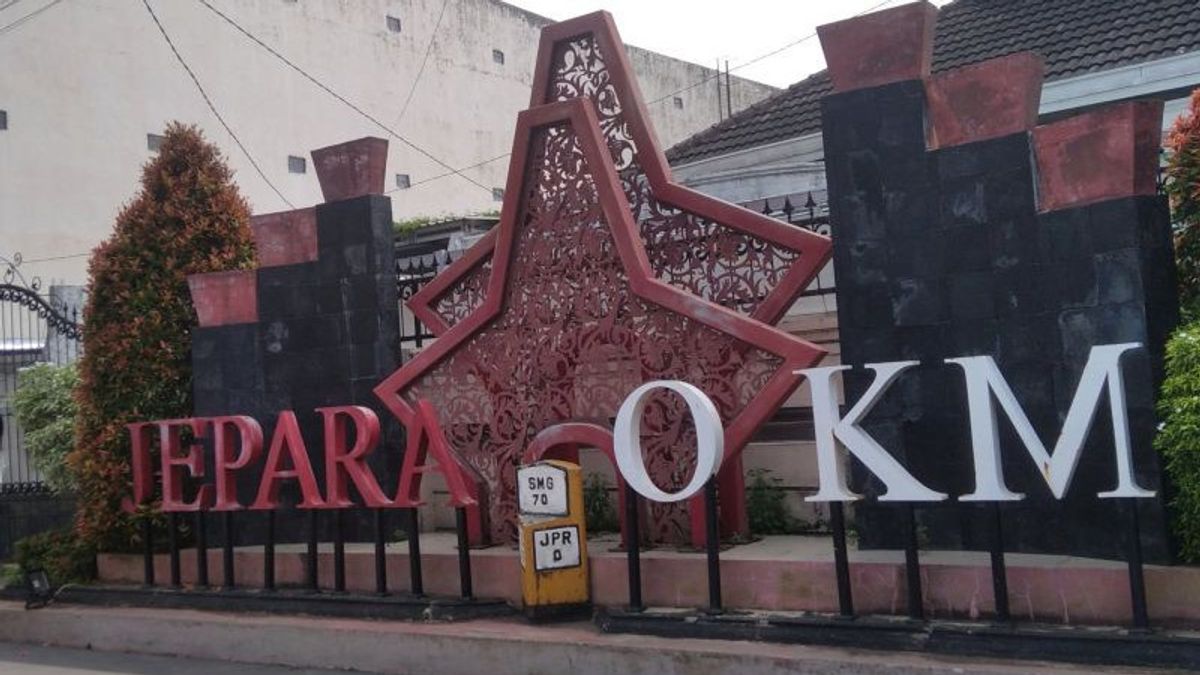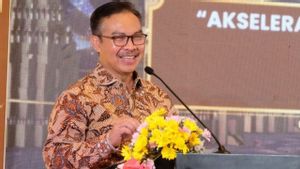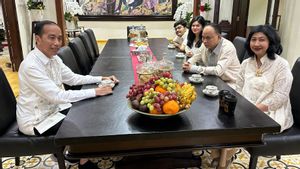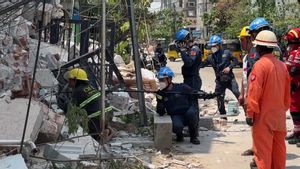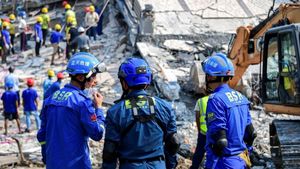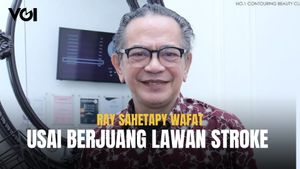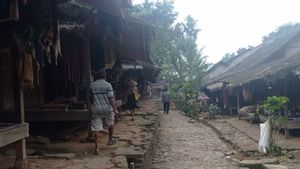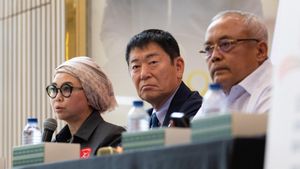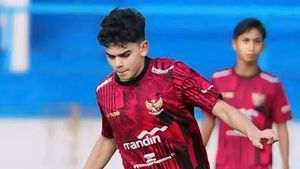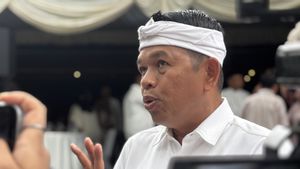JEPARA - Daily Executive (Plh) Head of the Jepara Health Service, Eko Cahyo Puspeno, announced that a team of researchers had been deployed by the Indonesian Ministry of Health to investigate the Dengue Hemorrhagic Fever (DHF) outbreak that hit Jepara Regency, Central Java.
This team consists of experts from the Ministry of Health, Semarang Health Laboratory Center, Salatiga Environmental Health Laboratory Center, and Banjarnegara Health Research and Development Center.
"The team deployed, apart from the Indonesian Ministry of Health, also from the Semarang Health Laboratory Center, the Salatiga Environmental Health Laboratory Center, and the Banjarnegara Health Research and Development Center," he said in Jepara, Monday.
Over the past three days, the research team has taken blood samples from dengue sufferers as well as mosquito samples and mosquito larvae in five research sites spread across various sub-districts in Jepara.
Eko Cahyo Puspeno explained that the results of the research are still in process, but are expected to provide important information about the type of dengue virus that infects Jepara residents, including how vicious the virus is. He also highlighted the dangers of transmitting the virus from mosquito larvae to humans before the mosquito bites.
"Meanwhile, the study of the mosquito vector to find out when it is still in the form of mosquito larvae already contains dengue virus or not. If so, of course there is a transnovial transmission or transmission from the mother to the mosquito egg. Of course it is very dangerous when the larvae already have the virus without biting the patient," said Eko.
SEE ALSO:
In addition to research, efforts to eradicate disease are also carried out through fogging in several villages. The Health Office also encourages the community's active participation in the movement to eradicate mosquito nests (PSN) by taking a series of preventive measures, including planting mosquito-repulsing plants and ensuring the absence of places that allow mosquitoes to breed around the house.
Eko Cahyo Puspeno emphasized the importance of cooperation between all parties in fighting this epidemic, with the community expected to participate in monitoring mosquito larvae in their respective environments.
"We also hope that every house has someone who is assigned to monitor larvae. Meanwhile, to monitor the village, you can form a larva monitoring cadre to ensure that each resident's house is free of mosquito larvae or the term is 'tilik Tonggo' or visiting neighbors," he said.
The English, Chinese, Japanese, Arabic, and French versions are automatically generated by the AI. So there may still be inaccuracies in translating, please always see Indonesian as our main language. (system supported by DigitalSiber.id)
